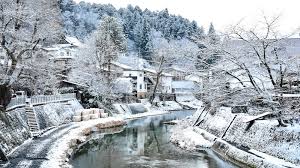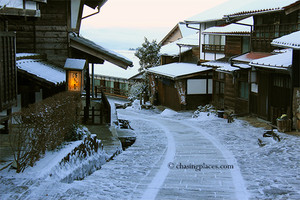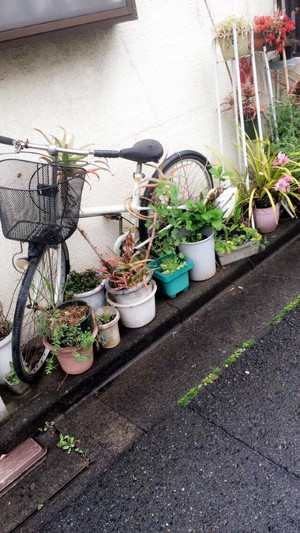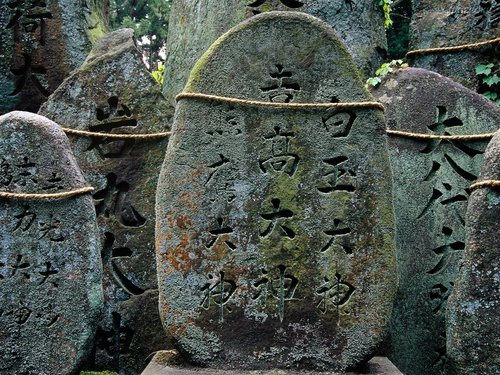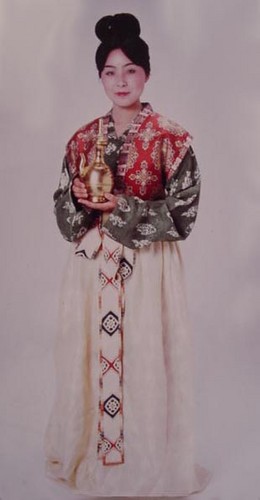Okay..so as a fact, learning Japanese 의해 아니메 is tough. Because, for one thing 당신 need the syllables 또는 you'll make a lot of funny mistakes because Japanese 또는 nihon-go is totally based on syllables. So I'm going to try and make a list of the common mistakes which Otakus usually make with the words we use.
1. Ane/anee: Okay. Let me make this clear. In Japanese, the words for 'older brother' and 'older sister' are the same excepting the last syllable. For older sister, the term is ane (pronounced as 'aa-nay') while older brother is ani (pronounced as 'aa-nee'). So if 당신 refer to an older female friend who's sister-zoned 또는 your sister as "anee" instead of "ane".....Well....You just changed her gender.
2.Ani/Oni: As I said before, older brother in Japanese is 'ani'. But commonly most of us refer to is as "oni"... "Oni" is a Japanese demon. 당신 just casually called your brother a demon. Not reall nice of you, is it?
3. San/ kun/ chan: This one's a major user misconception. Especially kun/chan. Commonly, we tend to use "kun" for boys exclusively and "chan" for girls exclusively. But both these honorifics can be used for either gender.
"kun" is actually meant for someone who's junior to 당신 또는 a bit younger. And not for boys. 당신 can use "kun" for a kouhai in school even if she's a girl.
Similarly, "chan" isn't exclusively for girls. Its meant for a good friend, not a girl. One can use "chan" for their male 프렌즈 are well if you're really good friends.
1. Ane/anee: Okay. Let me make this clear. In Japanese, the words for 'older brother' and 'older sister' are the same excepting the last syllable. For older sister, the term is ane (pronounced as 'aa-nay') while older brother is ani (pronounced as 'aa-nee'). So if 당신 refer to an older female friend who's sister-zoned 또는 your sister as "anee" instead of "ane".....Well....You just changed her gender.
2.Ani/Oni: As I said before, older brother in Japanese is 'ani'. But commonly most of us refer to is as "oni"... "Oni" is a Japanese demon. 당신 just casually called your brother a demon. Not reall nice of you, is it?
3. San/ kun/ chan: This one's a major user misconception. Especially kun/chan. Commonly, we tend to use "kun" for boys exclusively and "chan" for girls exclusively. But both these honorifics can be used for either gender.
"kun" is actually meant for someone who's junior to 당신 또는 a bit younger. And not for boys. 당신 can use "kun" for a kouhai in school even if she's a girl.
Similarly, "chan" isn't exclusively for girls. Its meant for a good friend, not a girl. One can use "chan" for their male 프렌즈 are well if you're really good friends.







